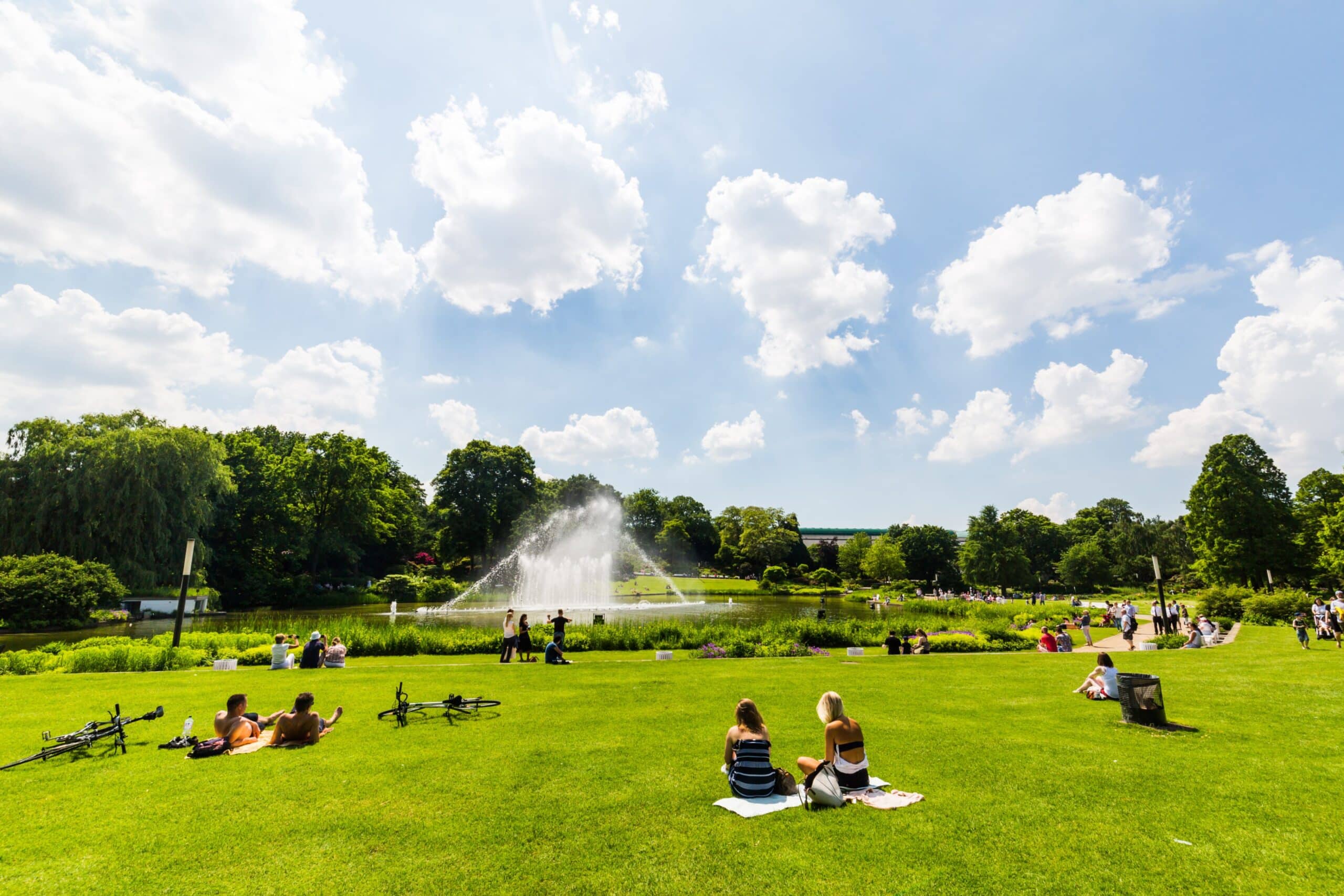This study is based on data from over 42,000 adults aged 65 years old or older living in urban areas of Washington State between 2011 and 2019, relating survey respondents’ general and mental health outcomes to different measures that quantified their access to green/blue spaces within their Zip Code. 2% of the participants showed signs of serious psychological distress and 19% reported having fair or poor general health.
Findings indicate that having 10% more forest space within a ZIP Code was associated with reduced psychological stress, including mental health problems that can require treatment and interfere with work, school, and social lives. A 10% increase in green space, tree cover, water bodies, or trail length was found to lower the chance that older adults reported their general health as being poor or fair.
“Our findings suggest that loss of our urban green and blue spaces due to rapid urbanization may not just have an environmental impact but could have a public health impact as well,” said first study author Adithya Vegaraju, a medical student in the WSU Elson S. Floyd College of Medicine.
Older populations are especially vulnerable to mental health issues which have been shown to increase the risk of cognitive decline and dementia, and they are less likely to receive treatment to help manage their mental health conditions.
“Older adults with depression, anxiety or mental health issues are known to be more resistant to medical interventions or talk therapy, which are the go-to treatments for these conditions,” said Vegaraju.
“If exposure to green or blue spaces could help prevent, delay or even treat poor mental health in older adults, we need to look at that more closely as a way to improve mental health outcomes in this population.”
“It is thought that exposure to green and blue spaces could help slow cognitive decline,” said Amiri, a research assistant professor in the WSU College of Medicine and a researcher in the Institute for Research and Education to Advance Community Health (IREACH). “What we would like to know is if green and blue space exposure can influence dementia directly or whether it can do so by reducing mental health issues that may lead to cognitive decline.”
The researchers believe that “nature prescriptions” could be a potential solution to help delay or prevent poor mental health outcomes with written recommendations to spend time outdoors. Although it was noted that more research is required to determine the exact link between exposure to nature and cognitive decline, ultimately they hope this research helps to resolve inequities among older adults which may be tied to unequal access to green and blue spaces in the urban areas where they live.




